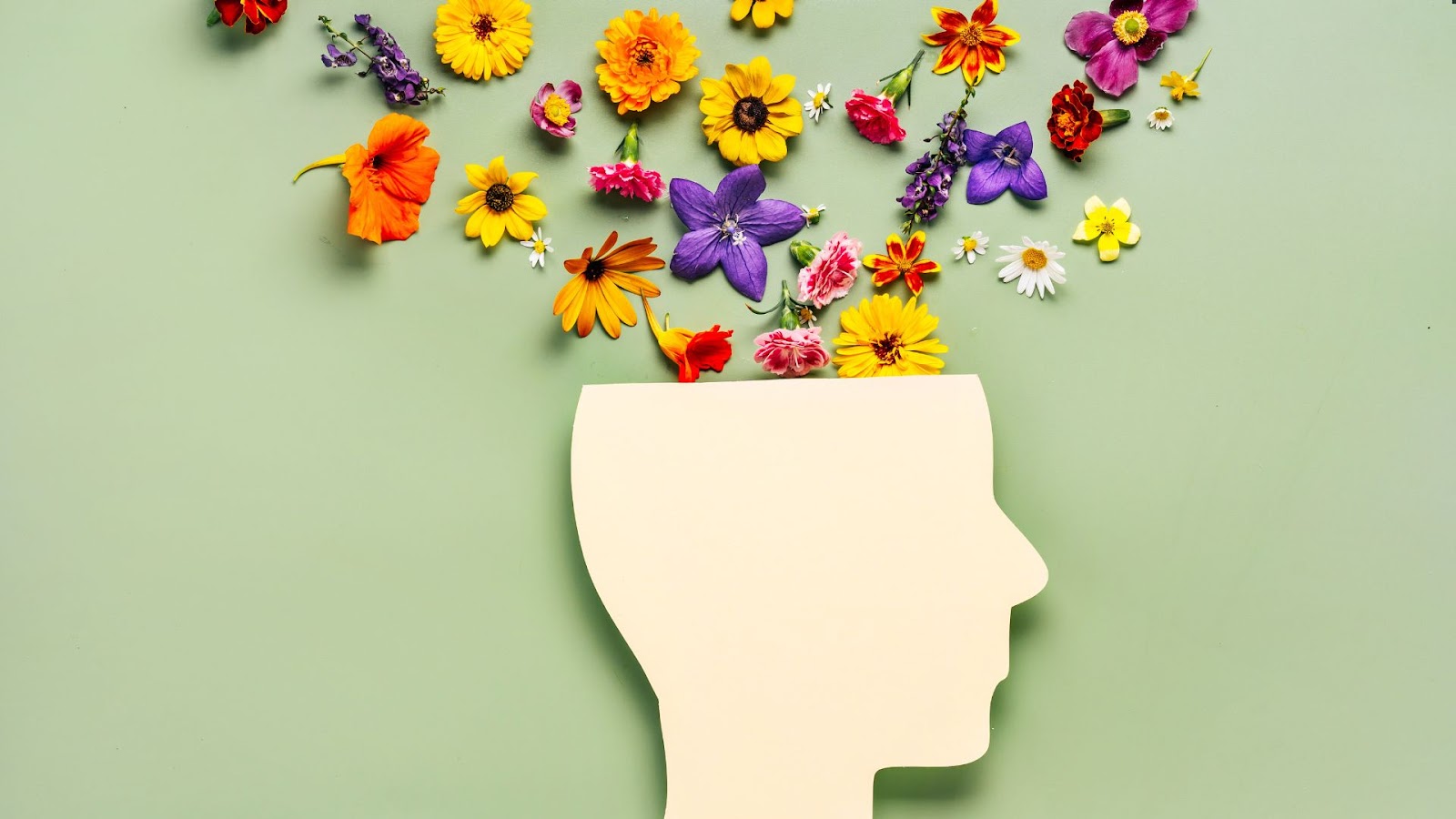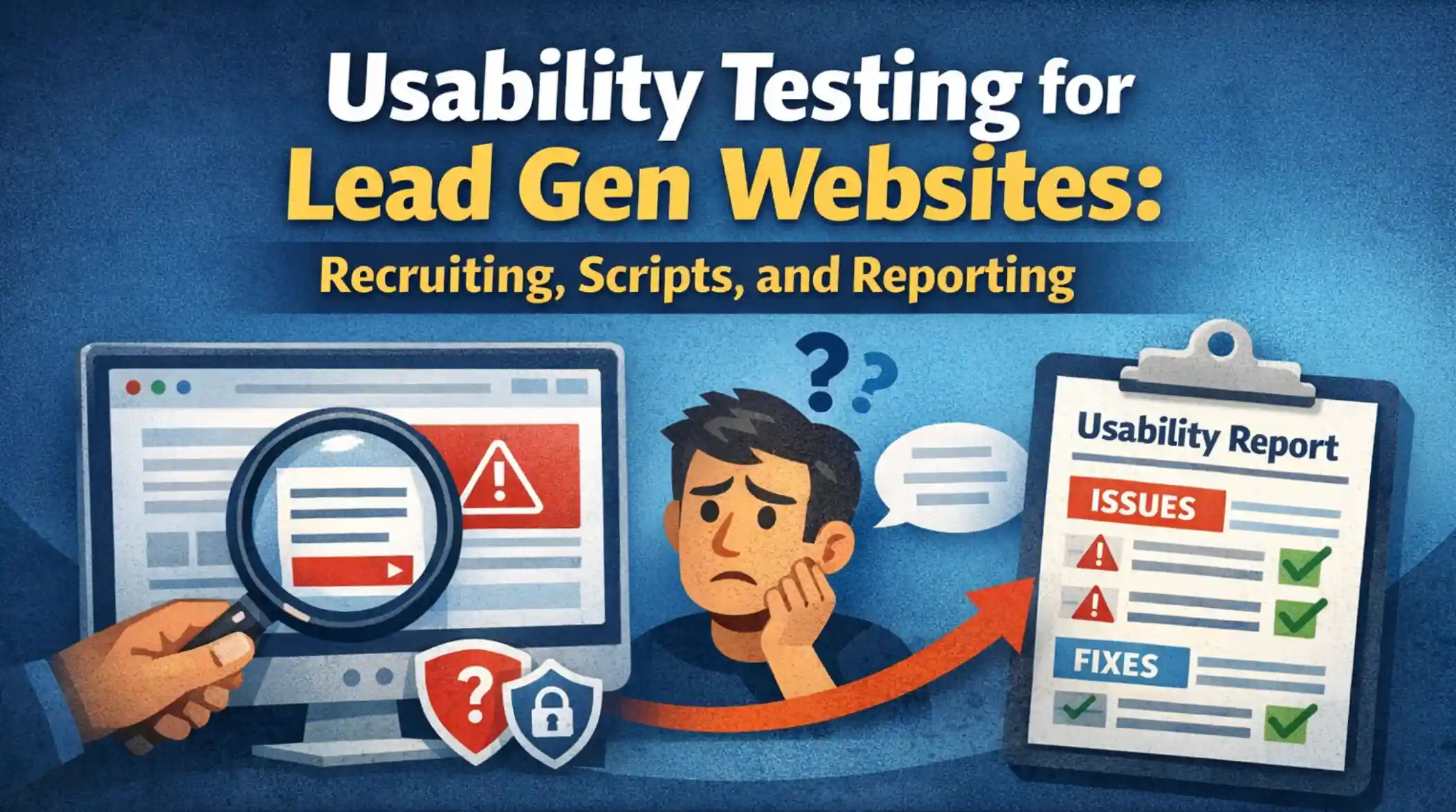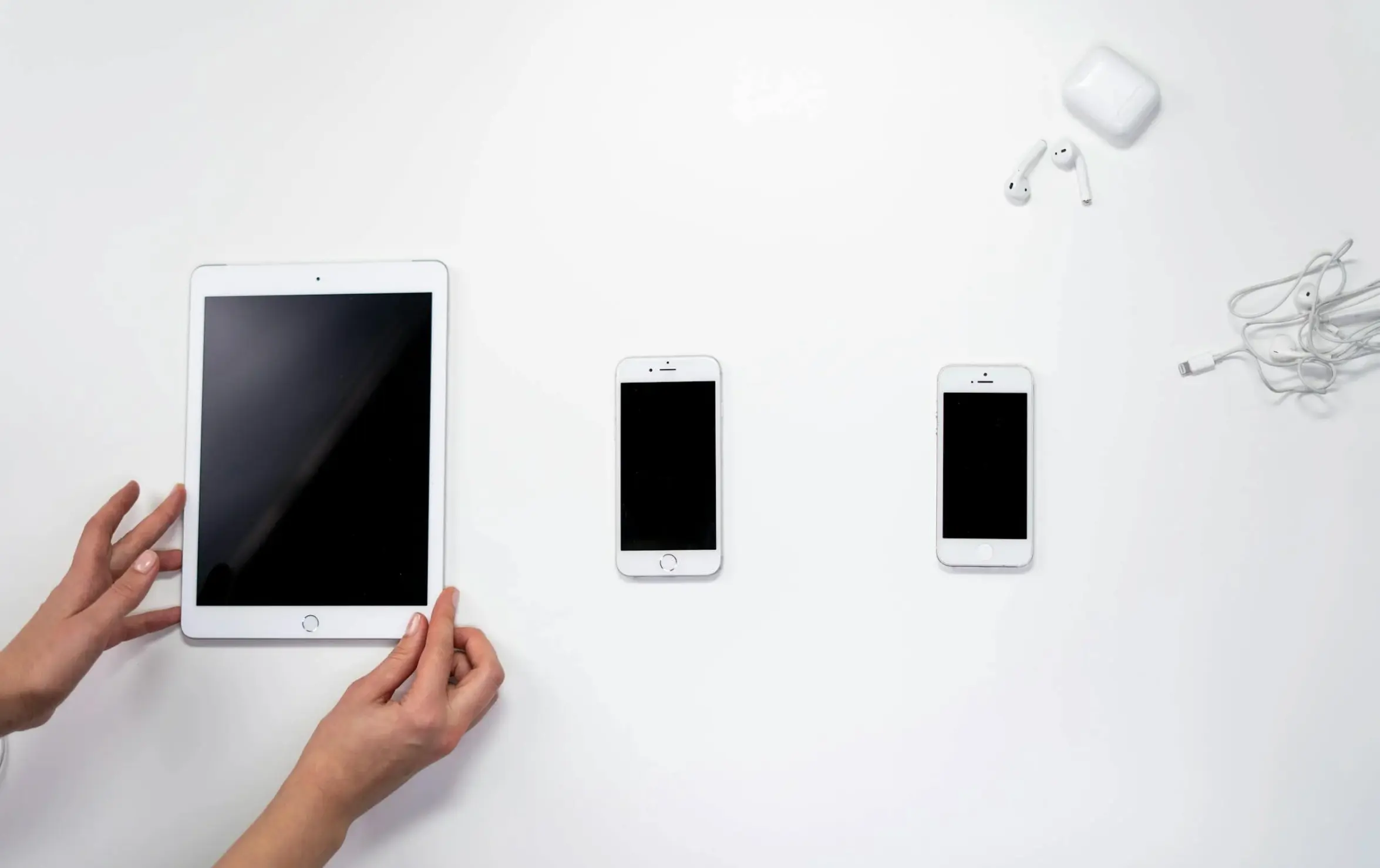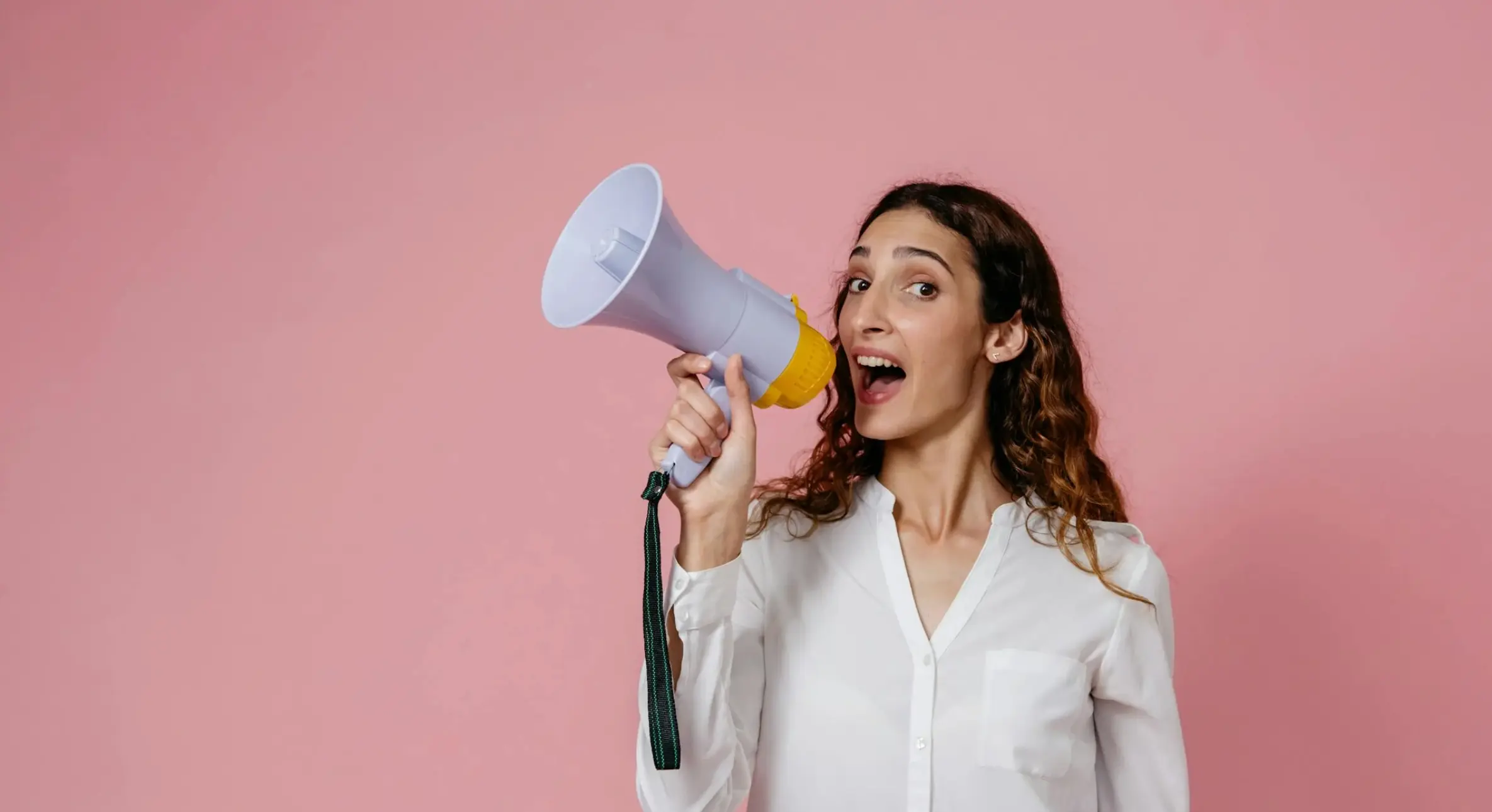Want to Check Your Mental Health? Try Apps to Understand Yourself
Updated on
Published on

"How do I know if I'm okay?" It's a question many of us quietly carry, especially during overwhelming or emotionally confusing times. An even bigger question is how to know where to start.
Let's look into how using mental health apps can truly deepen your understanding of who you are. You'll learn how to pick the best tools to assess your mental health, from the important features to the safety precautions to take.

What Mental Health Apps Are Popular
Although they can fill a critical gap, mental health apps are not intended to replace therapy. It doesn’t mean they can’t have their benefits for a self-discovery journey. Moreover, apps can be a great supportive tool if you’re in therapy or want to support yourself emotionally.
Luckily, now we have access to remote digital tools that don’t make us wait in a therapist’s waiting room. One example is Breeze Mental Health, which offers features to explore how you feel, why you might feel that way, and what small steps you can take next. At its core, this app guides users through regular self-checks to reduce emotional overwhelm.
Different apps offer different kinds of support. Whether you look for relaxation, journaling, or thought reframing, you will need different features, hence, apps. Below are some popular mental health apps, each with its own strengths, focus areas, and ideal use cases.
- Jour. It is a beautifully designed journaling app focused on emotional reflection. Jour provides mood-based prompts for those, who want to build a habit of checking in with themselves at the end of the day. If you want ideas, on what to reflect on, this app may be worth trying. But it has one significant limitation: it doesn’t offer deeper psychological frameworks, so its scope is relatively narrow.
- Wysa. A chatbot-based mental health app using techniques from cognitive behavioral therapy (CBT). It helps users challenge negative thoughts, track mood, and practice calming exercises. However, the AI-driven chatbot may feel impersonal to some users, and its features are primarily aimed at symptom management, not addressing the reason.
- Breeze Wellbeing is a platform that integrates multiple aspects of emotional self-care: mood tracking, guided journaling, and reflective tests (like burnout, trauma, ADHD, emotional intelligence, and more). Breeze’s tools are built on psychological frameworks with counselor intervention.
Breeze's biggest strength is that it combines the best elements of the above apps into one cohesive system. However, premium access unlocks more personalized insights and expanded tools, so it’s best if you’re ready to make investments in your self-discovery journey.
- Headspace. It’s a widely known app that specializes in meditation and mindfulness. It offers calming voiceovers, themed meditation series (for anxiety, sleep, productivity), and even sleep sounds. Perfect for beginners or those trying to build a consistent mindfulness habit.
Why Mental Health Apps Can Be Helpful
From a scientific point of view, active engagement with app-based features like self-tracking improves coping skills and reduces symptoms of anxiety and depression [1]. Over time, this leads to greater self-awareness, emotional vocabulary, and clarity about your thoughts.
Features that Make Apps Effective
If you're planning to use an app to check your mental health, it's worth being selective. Look for tools that are grounded in psychological science and built with real user needs in mind. Here's a short guide, which features can be the most useful, according to the Mental Health Commission of Canada [2]:
- Mood tracking with patterns and trends. This feature lets you notice emotional shifts over time and recognize what influences them. Based on this information, you can learn to avoid your triggers or prepare for emotionally demanding situations.
- Guided journaling with prompts. Especially helpful when the app adapts the prompt to your mood or recent entries.
- Personalized content. Tests, breathing exercises, or reflections that adapt to your emotional state and recent entries.
- Strong privacy controls. Data should be encrypted, not shared or sold, with options to stay anonymous.
- Clinically reviewed tools. Look for involvement of licensed therapists and professional frameworks, not just app developers.
Users who use apps with these features mention feeling less alone in their emotional experiences and developing a healthier, more compassionate self-awareness.
What Benefits Do People Report
People who use mental health apps describe their experience as validating and eye-opening. Common takeaways include (reviews of Breeze Wellbeing on Trustpilot) [3]:
- "It helped me name what I was feeling."
- "I noticed patterns I'd never seen before."
- "I felt less alone just tracking my feelings."
- "It encouraged me to build a healthier daily rhythm."
It's not just personal stories, either. It is supported by research. Mobile mental health apps were linked to a significant decrease in anxiety and depression symptoms in non-clinical populations [4]. This suggests that individuals felt emotionally better simply by using tools that help in self-understanding, even without the intervention of professional help.

How to Choose the Right Mental Health App for You
It can be difficult to find a mental health app that genuinely meets your needs with the abundance of options available. Setting a goal at the beginning is crucial. What specifically do you need assistance with?
Some people only wish to record their feelings and identify trends. Others seek tools to deal with anxiety and burnout, advice on relationship dynamics, or more in-depth self-reflection. The app that fits your emotional objectives and is easy for you to use on a regular basis is the best one for you.
Below you will find the first four steps to help you navigate the huge choice in the mental health apps market.
- Start with Your Goal
Consider this:
- Do I want to monitor my feelings or know what causes them?
- Do I want stress-reduction techniques like breathing or grounding exercises?
- Do I need assistance figuring out my attachment style or relationship patterns?
- Is journaling something that helps me reflect?
- Do I want to investigate burnout, trauma reactions, or my identity?
You can avoid downloading apps that don't live up to your expectations by being aware of your needs upfront.
- Read Real User Reviews
Don't just rely on app store ratings or brand websites. Head to platforms like Trustpilot or Reddit to read what real users say about their experience.
Look for comments about ease of use, emotional impact, and how the features felt. Honest reviews will also highlight technical aspects of the app, such as overwhelming notifications or upselling.
Of course, you can adjust your research. For example, you can explore feedback on specific features you want or whether the price policy was clear. But it’s also worth considering the overall app’s tone and users’ feelings. Do reviewers write about feeling "seen" or "understood"?
- Look for Science-Backed Content
A well-designed app isn't just pretty (although it’s also crucial), it's informed. Prioritize apps that reference:
- Proven psychological frameworks. Such as cognitive-behavioral therapy or attachment theory.
- Evidence-based tools. Some examples include mindfulness exercises and DSM-5-based assessments. The complete lists are accessible on the websites of the American Psychological Association (APA) and the World Health Organization (WHO).
- Inclusive language. It doesn’t make you feel confused or ill. Trauma-informed tone is understanding, not overly clinical or vague.
- Try Before You Buy
Most quality apps offer a free version or a trial period. You can use the first free week to test if the app feels intuitive to you. That’s also a nice opportunity to test the first step. Look, if the features match your goals.
Plenty of apps have motivational, supportive, or even formal approaches. Ultimately, your mental health app should feel like an outlet, not a chore. The right one will meet you where you are and help you take small but meaningful steps toward better self-understanding.
Safety Tips When Checking Mental Health with Apps
Apps for mental health can be effective tools for self-reflection, but they also contain some of your most private ideas and feelings. It is crucial to use them carefully and with consideration for privacy.
Here are some safety precautions to remember:
- Look for straightforward privacy policies. Verify that the app describes how your data is gathered, saved, and utilized.
- Apps that sell your data should be avoided.
- If your app contains test results or sensitive notes, use biometric or password protection.
- Avoid using apps that provide diagnoses. Although they help people become more self-aware, helpful apps cannot replace qualified experts.
- Know when to seek real-time support. Don't depend on an app if you're experiencing a mental health crisis. Reaching out to a therapist, doctor, or helpline can be helpful.
Sources
- Do mental health mobile apps work: evidence and recommendations for designing high-efficacy mental health mobile apps. mHealth. March 2018.
- Mental Health Apps: How to Make an Informed Choice. Mental Health Commission Canada. 2016.
- Breeze Trustpilot Reviews. Accessed July 2025.






.webp)


